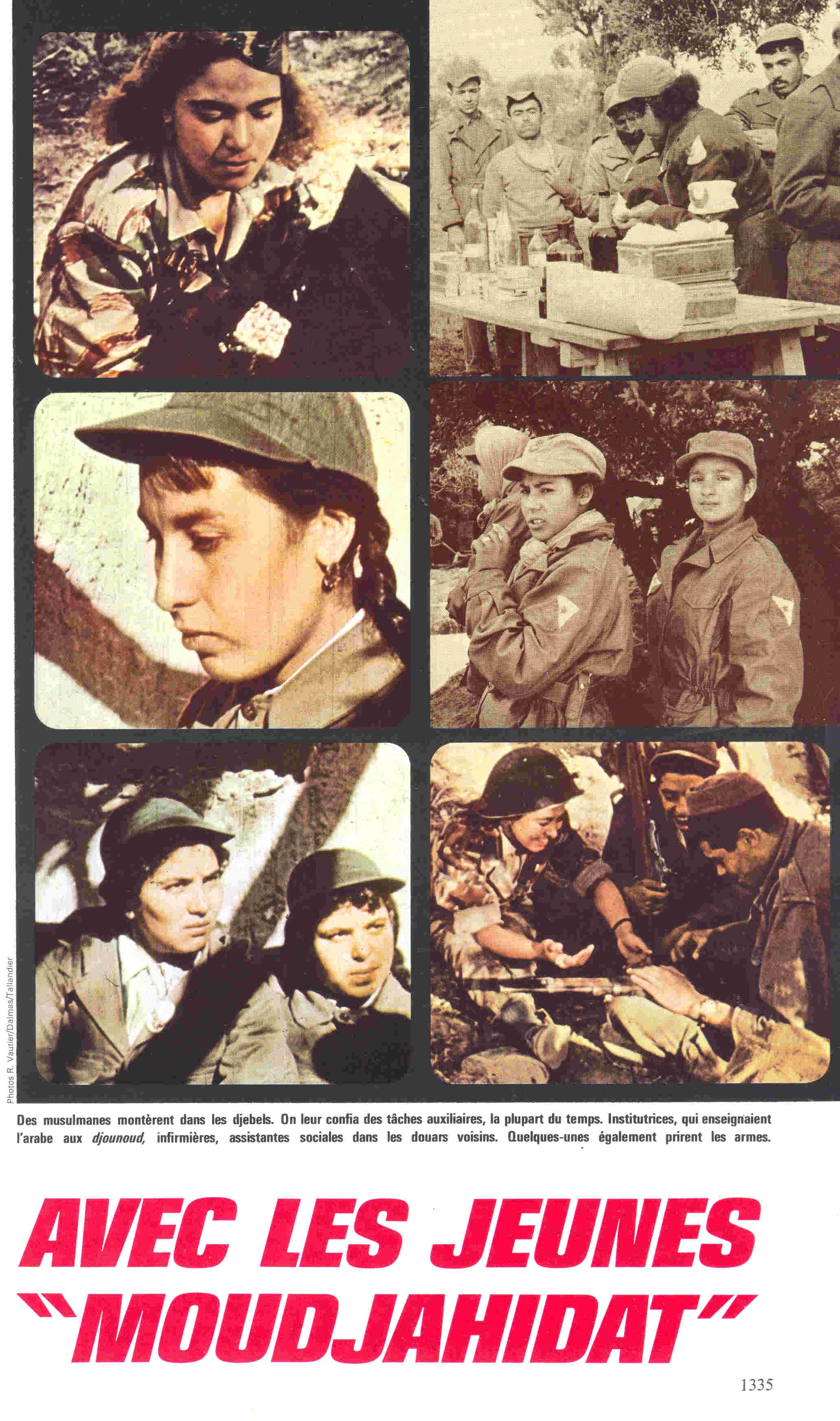L’élection présidentielle algérienne aura lieu le 18 avril prochain. Si les candidatures ont fleuri dès la convocation du corps électoral, l’hypothèse d’une alternance politique demeure peu probable. L’opposition au régime — en place depuis l’indépendance, en 1962 — est plus fragmentée que jamais. La gauche marxiste, marginalisée depuis les années de guerre civile, a du mal à retrouver son influence passée.
La gauche anticapitaliste existe toujours en Algérie »,affirme Ihsane El Kadi. Il nous accueille dans un appartement de style haussmannien du centre d’Alger abritant les bureaux de médias qu’il dirige, parmi lesquels le site Maghreb émergent. Ancien étudiant en sciences économiques à l’université d’Alger, ce journaliste et éditeur de presse électronique a participé au « printemps berbère » de 1980 . Cet engagement l’a mené en prison, mais aussi au militantisme clandestin au sein du Groupe communiste révolutionnaire (GCR), un courant formé en 1974 par des syndicalistes et des étudiants pablistes — du nom de Michalis Raptis, dit « Pablo », leader trotskiste d’origine grecque qui apporta un soutien au Front de libération nationale (FLN) durant la guerre d’Algérie (1954-1962) et qui devint par la suite conseiller du président Ahmed Ben Bella. En 1989, le GCR est devenu le Parti socialiste des travailleurs (PST). Celui-ci est aujourd’hui dirigé par M. Mahmoud Rechidi, un ancien de Debza, troupe théâtrale proche de l’écrivain et dramaturge Kateb Yacine (1929-1989).
Alger, « Mecque des révolutionnaires » ?
El Kadi précise que la gauche radicale ne se situe pas forcément dans l’opposition : « Les anticapitalistes peuvent s’aligner sur le pouvoir, à l’exemple du Parti des travailleurs [PT] dirigé par Louisa Hanoune. » Cette ancienne militante féministe, emprisonnée par le régime de Chadli Bendjedid dans les années 1980, est aujourd’hui à la tête de l’autre parti trotskiste algérien. Elle « désapprouve toutes les mesures de marchandisation ou d’entrée de l’Algérie dans la mondialisation », rappelle notre interlocuteur, mais elle ne s’est jamais élevée « contre les quatre mandats successifs [d’Abdelaziz] Bouteflika ».
De l’indépendance, en 1962, à l’instauration du multipartisme, en 1989, l’Algérie a vécu sous le régime du parti unique, le FLN, qui reléguait toutes les autres formations dans la clandestinité. La gauche était alors animée par des organisations (…)


